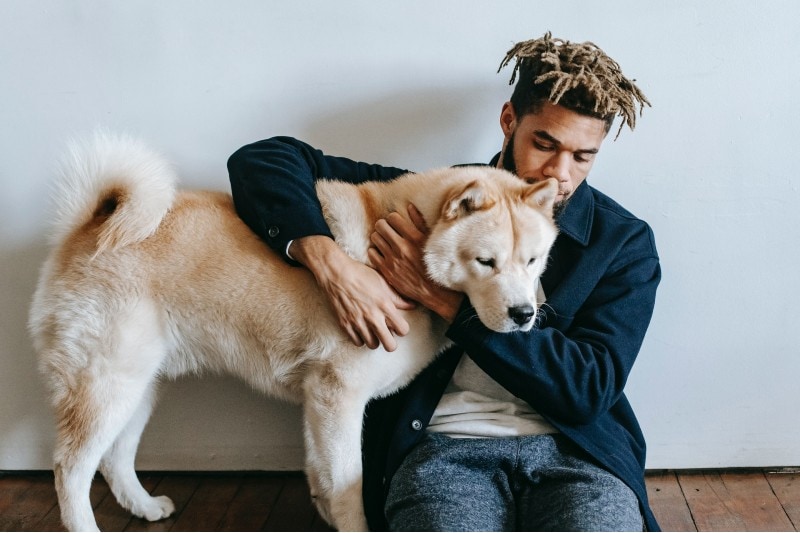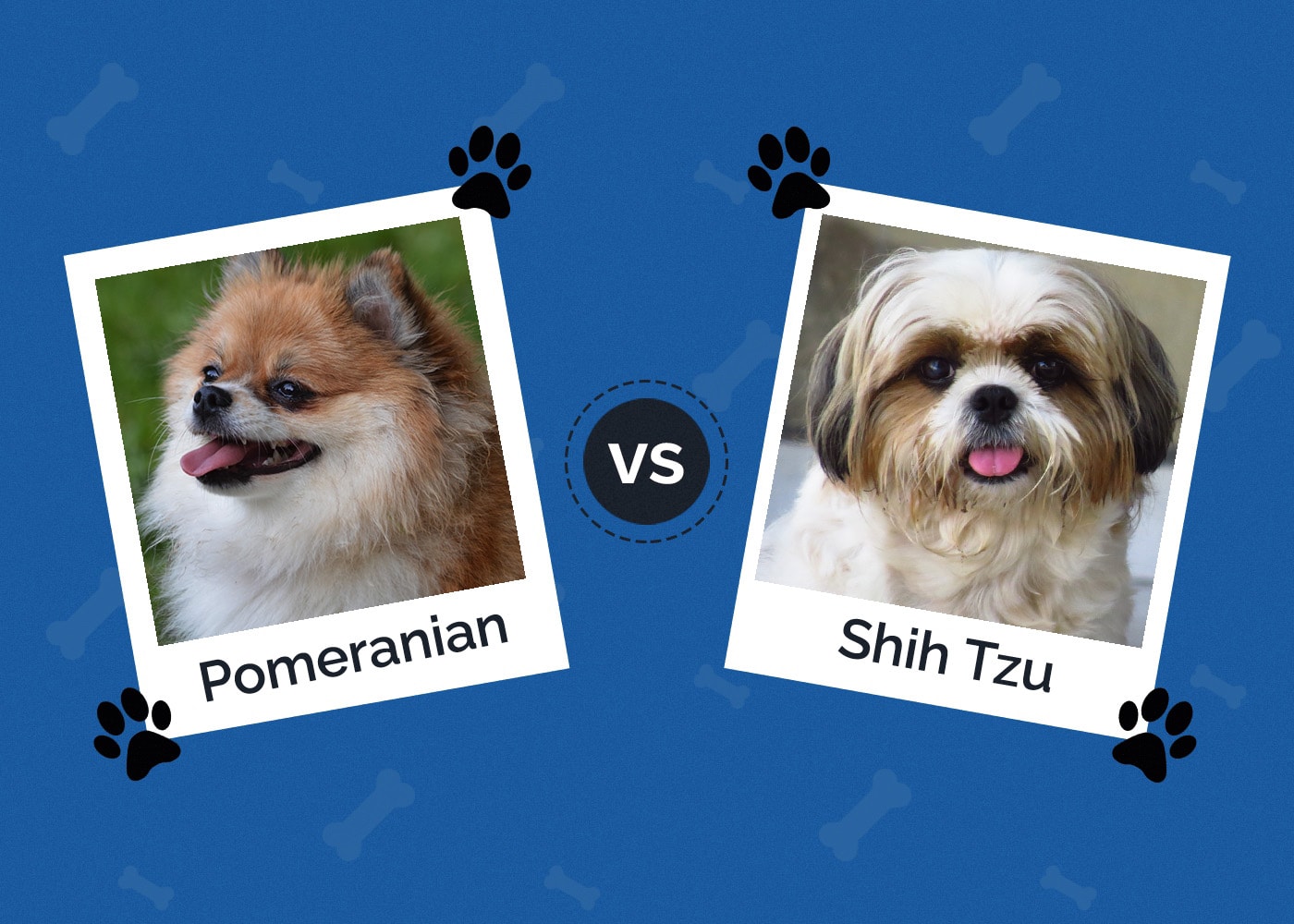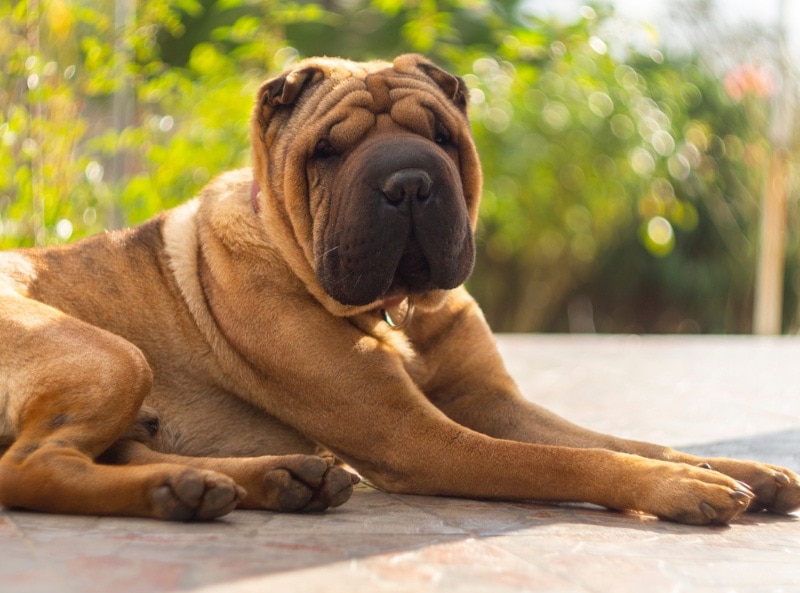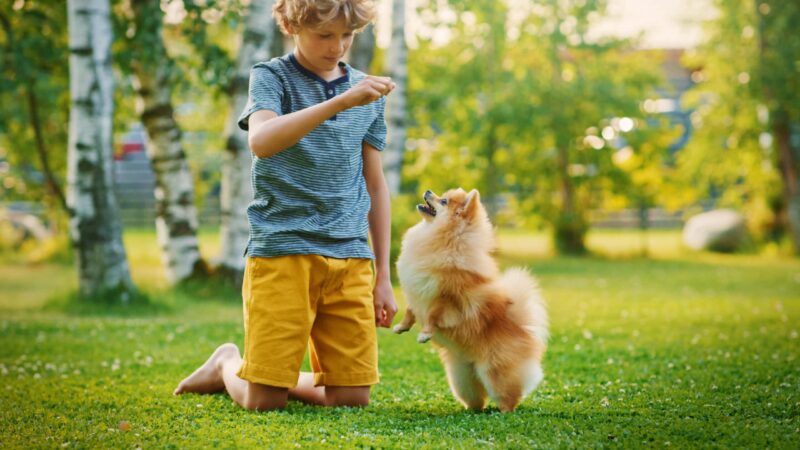Do Dogs Hold Grudges? Vet-Reviewed Facts About Canine Behavior
Updated on

We’ve all been there—you walk across your bedroom in the middle of the night and accidentally step on your dog, or maybe you told your dog that you were taking them to the park and took them to the vet instead. Afterward, did you notice your dog acting differently toward you, like they were mad at you?
Sometimes, this might last for a couple of minutes, and other times, it might seem to drag on for a few hours, but is your dog actually holding a grudge? The good news is that dogs aren’t capable of holding grudges in the same way humans do, but that doesn’t mean they don’t remember when something negative happens to them.
Do Dogs Hold Grudges?
Holding a grudge is a great example of something that human emotions and thoughts can feel. You remember the exact action or actions that led to your grudge toward someone developing, right? Most people don’t live in a world of, “I don’t like that person, but I can’t remember why.” Dogs, on the other hand, do live in that world.
We all know that dogs are capable of some level of memory, as well as being able to make associations, but as far as science can tell, dogs seem to lack the emotional components necessary to actually hold a grudge. If someone mistreats their dog, it’s not uncommon to see the dog continue to attempt positive interactions with that person until their trust is broken and they only have negative associations with that person. While you might remember every time your school bully gave you a swirly, your dog likely doesn’t remember every time that person mistreated them.

What’s the Difference in Grudges and Associations?
In a way, all grudges are associations, but not all associations are grudges. This means that when you’re holding a grudge, it’s because you have an emotional response and a specific negative association with that person, whether it’s related to a singular event or multiple things. However, dogs simply carry associations. They know that they don’t like someone or something, but they likely don’t remember the entirety of why.
Not only that, but a grudge is also a distinctly emotional response to something, but when dogs seem to be holding a grudge, they are actually practicing self-preservation. Your dog has a negative association with a certain person, place, or thing, but their standoffishness toward that associated item is something that their brain is telling them to do to stay safe.
Most dogs have enough sense to only experience a negative situation a few times before avoiding it altogether, and in many cases, one painful or traumatic experience can be enough for your dog to form a negative association.
In Conclusion
It can seem like your dog is holding a grudge against you, but your dog is not carrying the emotional weight of a grudge with them. They may feel stressed from the negative event that occurred, leading to avoidance and aloofness.
The good news is that since you’re only dealing with a negative association and not a human emotional response, you can work with your dog to turn their association positive, assuming it’s safe and healthy for them. If your dog got their tail closed in the front door, they may be fearful of going through the door again, but with positive reinforcement and lots of praise, your dog can learn to feel safe and relearn the positive association that the front door is where they go when it’s time for a walk.
Keep in mind, though, that dogs are highly in tune with the emotions of the people around them. If you have a grudge or dislike a specific person, then your dog may react negatively to their presence, making it seem like your dog is the one with the grudge.
Featured Photo Credit: Zen Chung, Pexels












